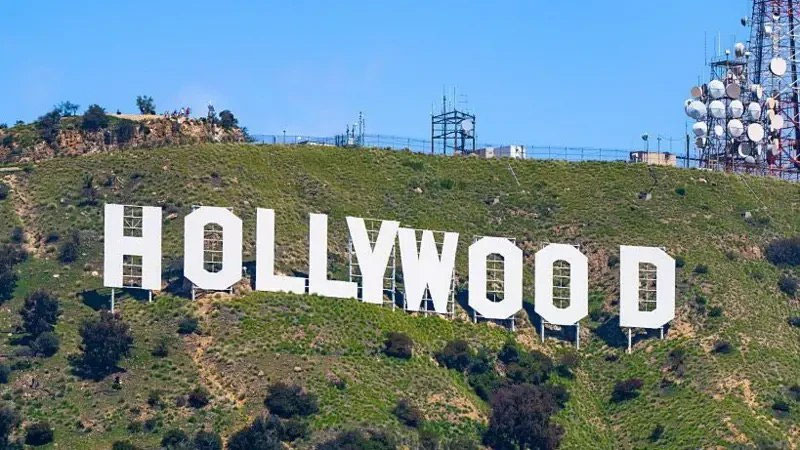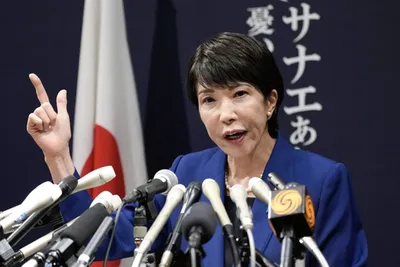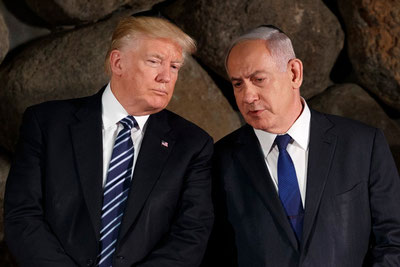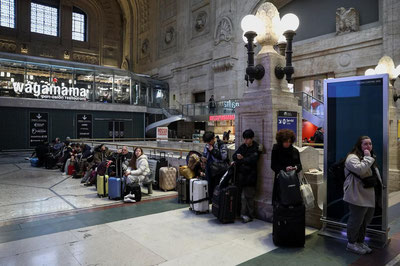Trump wants to impose a 100% tariff on foreign movies.
US President Donald Trump expressed serious concerns about the state of Hollywood. According to him, the American film industry is facing a crisis, "dying very quickly." The main reason for this, he notes, are efforts by other countries to attract American filmmakers, actors, and studios as indicated here.
"Many film centers in Hollywood and the US are emptying. This is no coincidence — other countries are deliberately doing this in a coordinated manner. This is a threat to National Security," Trump wrote on his Truth Social network.
In view of this, he ordered the US Department of Commerce and the Trade Representative to rapidly initiate the process of implementing a 100 percent tariff on foreign films based on in-depth analysis.
It should be noted that the American film industry has already suffered to some extent from the import tariffs implemented by Trump: In response to these tariffs, China decided to reduce the quota allocated for US films in its cinema market.
"The misuse of tariffs against China is a mistake being made by the US government. This will certainly reduce the domestic audience’s interest in American films," stated China's film distribution regulatory body.
"We adhere to market rules, respect the audience's choice, and carefully reduce the number of imported films from America," the statement said.
American cinema, especially Hollywood, became the most prestigious cultural export vehicle in the world during the 20th century. Films like “Gone with the Wind,” “Titanic,” and “Star Wars” not only earned billions of dollars but also introduced American culture to the world.
However, by the 21st century, the film market has globalized — South Korea ("Parasites"), India (Bollywood), China (Tencent Pictures), and even Turkey (Serdar Akar) are introducing their filmmakers and networks to the international arena.
Some countries are attracting US producers to their territory by providing their studios with substantial subsidies, tax incentives, favorable conditions for technology and staff. For example, filming in Canada is cheaper, hence studios like Netflix and Disney work there extensively.
According to Trump, to limit this process, America must protect its market. With the introduction of a 100 percent tariff, foreign films will become more expensive in US theaters, thereby opening wider avenues for local producers.
This opinion is, of course, controversial. According to some film experts, this could lead not only to censorship but also to a reduction in cultural diversity in the American market. However, for Trump, preserving local jobs, creators, and national cinema culture is a top priority.
If Trump’s tariffs are implemented, streaming platforms such as Netflix, Hulu, Amazon could reduce foreign content. Additionally, Hollywood may have the opportunity to recover, but competition in the market remains high. Furthermore, some international producers might reconsider their agreements with America.
Abdulloh Sayyid






